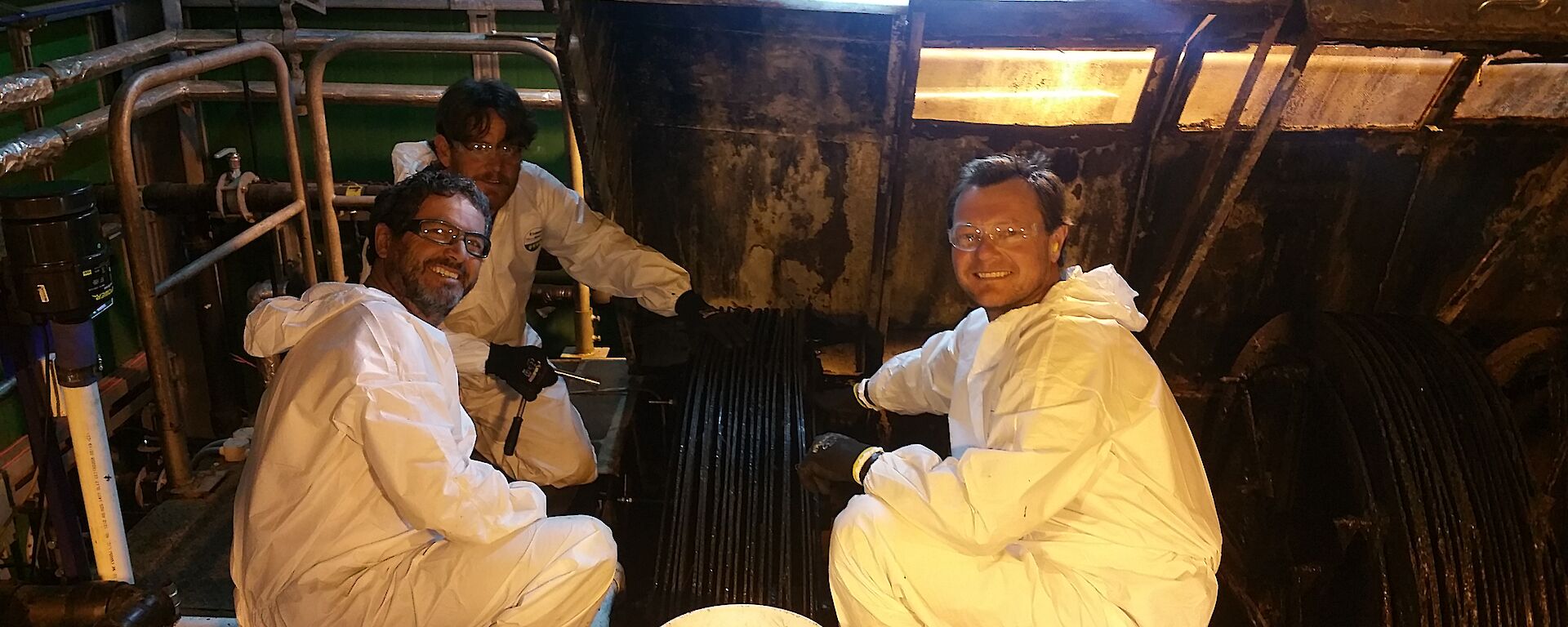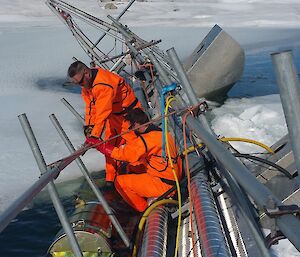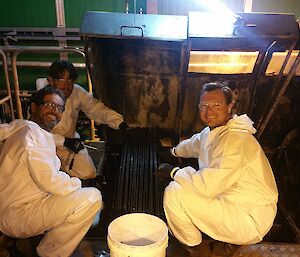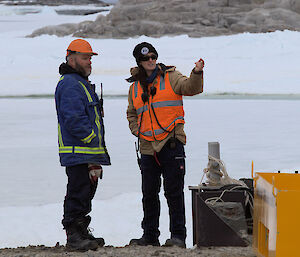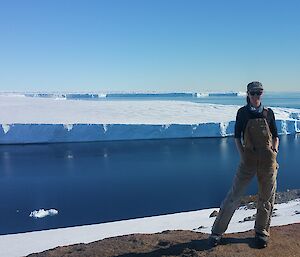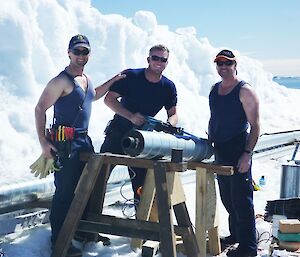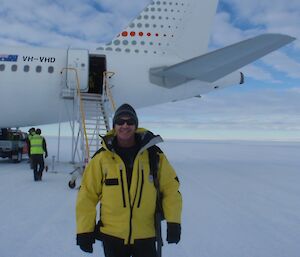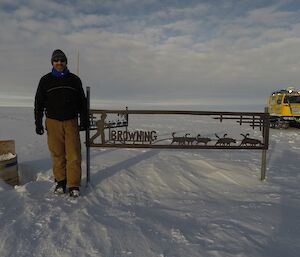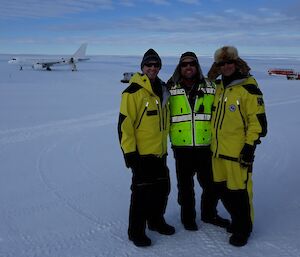The Australian Antarctic Division job website defines the primary function of an Engineering Services Supervisor (ESS) as “scheduling and supervising the safe undertaking of all on-site activities carried out by a group of trades personnel”. In reality, it’s much more interesting than that.
This is my second season as an ESS at Casey looking after a crew of tradies (mostly sparkies, chippies and plumbers) maintaining the station. Although the tradies over both summer and winter make a large percentage of the station population, for the most part our workings go unnoticed.
We look after major infrastructure on station from power distribution, production of potable water, keeping buildings warm, to making sure sewage is flushed away without a fuss. We ensure that everything works when it needs to, and it’s ‘all hands on deck’ when it doesn’t.
We generally keep the station running so that scientists can go about one of AAD’s main goals of conducting scientific research. I look at us as being the Oompa Loompas of the station, with me as the head Oompa Loompa.
The days are normally busy, starting with a kickoff meeting each morning where we go over the job list for the day, the guys disperse about station and only emerge on mass at meal times. My typical day will then launch into returning email queries to the technical guys in Kingston and fielding various requests for maintenance, which can be anything from replacing a blown desk lamp to refitting out an accommodation van on a sled for a traverse. Sometimes we end up being ‘the local service technicians’ for all sorts of equipment. For example when one of the industrial ovens stops and throws up an error code, and you look it up in the handbook and it says “call your local technician”, well that’s us!
The day then generally rolls into catching up with the guys on the job, helping plan jobs safely and taking care of the paperwork. Although a big part of the job is managing safety, everyone generally ‘gets it’. We are a long way from home and any major hospital, so managing safety is often no more than a gentle reminder, maybe a flick of the hand towards the eyes, and saying “hey mate, safety glasses”.
Changing priorities and having to rapidly redirect a dozen or so tradies to different tasks is a big part of the job. With ageing infrastructure (most of it older than half of the tradies on station), breakdowns and the unpredictable Antarctic weather, a day’s plan can change at the drop of a hat (or beanie). So having a good understanding of what keeps a station running, being an exceptional juggler, and a willingness to go back to the drawing board sometimes more than once a day, are essential skills for an ESS.
One of the best parts of the job is problem solving. With no Bunnings down the road, getting a bit technically creative occasionally needs to occur. Last season the floating pontoon that supports a melt bell and pipes, which makes our station water by melting ice, started sinking. With no ship in sight till the following year and the impending situation of not being able to make water on mass, a quick plan was formulated. After a scout around station to see what we could find, the pontoon was eventually refloated using some strategically placed 44 gallon drums and ratchet straps.
But it’s not all work, work, work. There are some cool adventures to be had from getting off station on quads or Haggs, to seeing clumsy Adélie penguins and Elephant seals, and taking in spectacular scenery. Oh and how can I forget about the laughs! There’s always some tradie telling a joke, or tall story, and there’s usually at least one who can’t make it through a day without casually dropping a ‘dad joke’ into conversation.
So back to Oompa Loompas and chocolate factories. Did you know we have our very own chocolate factory on station? When that sewage is flushed away without a fuss, where does it go? Well it goes to our waste water treatment plant, which processes sewage using Rotating Biological Contactors, affectionately known as ‘the choccie wheels’.
And as engineering jobs go, being an ESS in Antarctica, I feel like I’ve won a golden ticket.
Amy Hobbs

